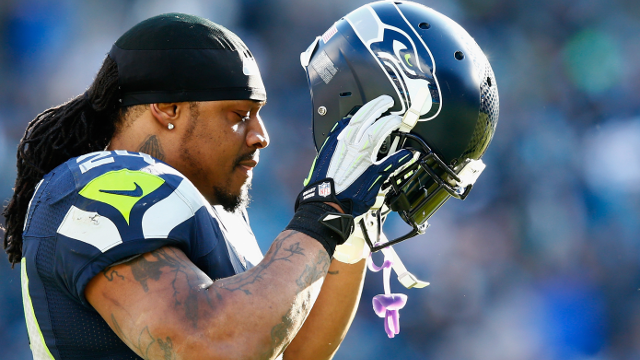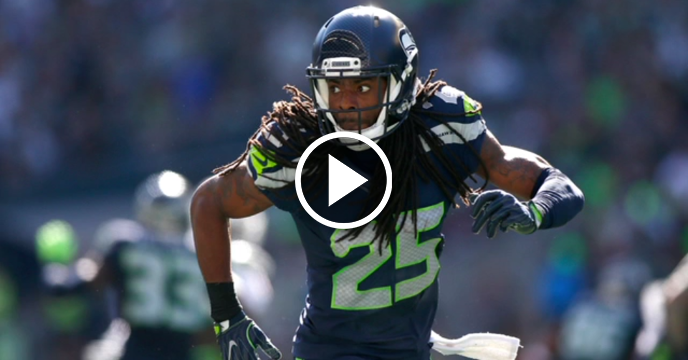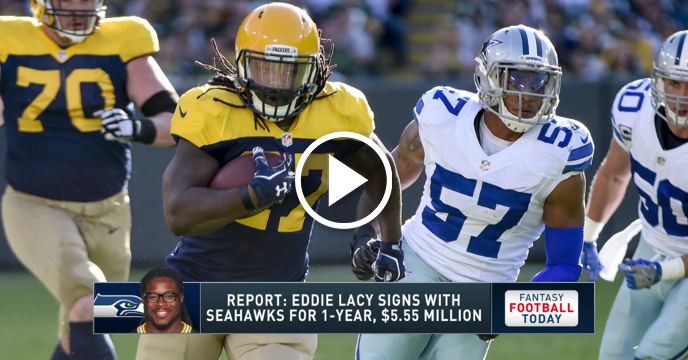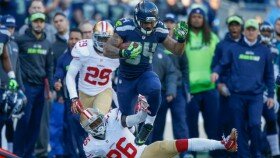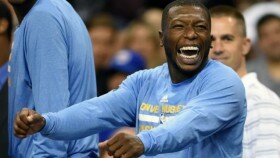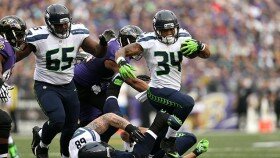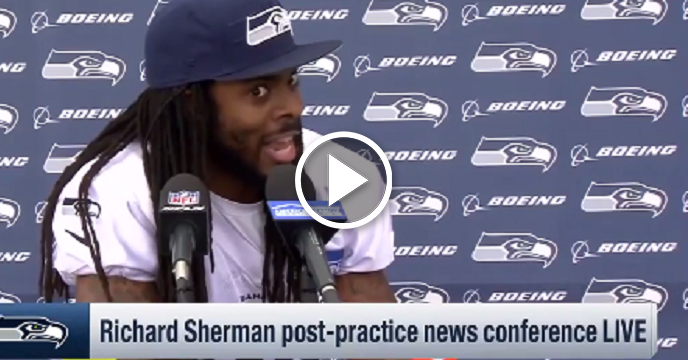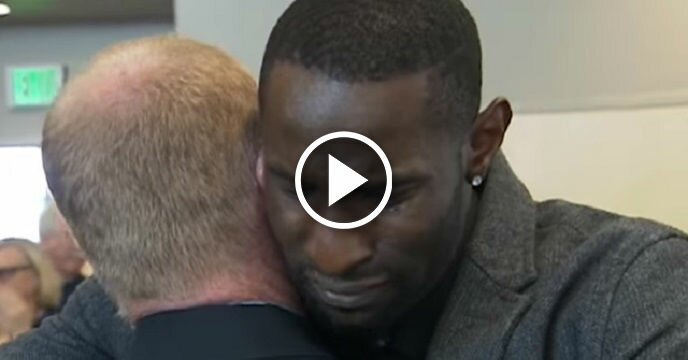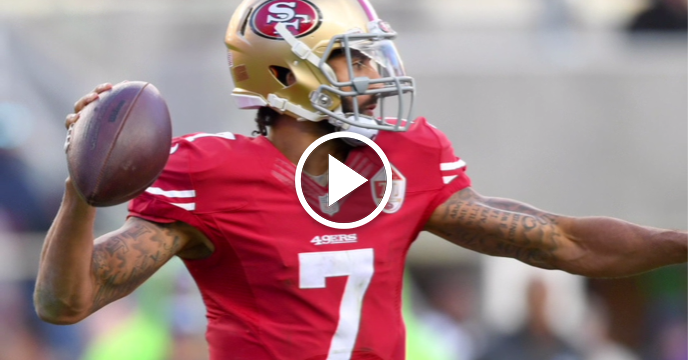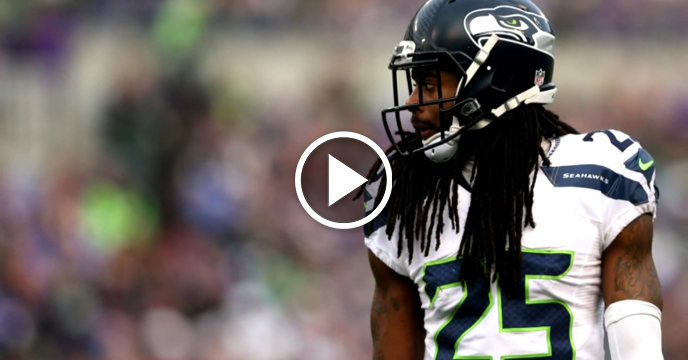With now former Seattle Seahawks running back Marshawn Lynch announcing his retirement, Seattle has officially witnessed the end of an era. Before the Legion of Boom was actually the Legion of Boom and Russell Wilson entered the picture, Seattle had Lynch.
Since Lynch’s first full season with the Seahawks, he is third in the league in both rushing attempts and yards gained and is first in that time frame with 51 touchdowns. Yes, impressive but not nearly as impressive as his postseason numbers. Lynch was able to put up 937 postseason rushing yards, which is good for eighth all-time, and six 100-yard rushing performances, which is tied for third all time.
Seattle acquired Lynch partway through the 2010 season from the Buffalo Bills for a 2011 fourth-round pick and 2012 conditional pick which now looks like a steal. He made his mark in his first year as a Seahawk, capping off Seattle’s season with his famous “Beast Quake” carry against the New Orleans Saints in the first round of the playoffs. They also went 7-9 the following season and failed to make it to the playoffs, but Lynch eclipsed 1,000 yards and was selected to his second Pro Bowl. The 2012 season is when everything really started, and most of that was on the back of Lynch.
Yes, Wilson put together a great rookie season, but the production from Lynch in the ground game is what really allowed him to grow into the quarterback that you see today. Much of Seattle’s success starting in 2012 was derived from Seattle’s dominant defense and the punishing rushing game. Lynch was an integral part of two Super Bowl appearances, one Super Bowl championship and a run of success that has never been seen in the Pacific Northwest.
With all that being said, it will likely not be the numbers that Lynch put up on the field that Seattle (and the rest of the NFL) will miss most. The running style of Lynch is one that is mimicked by many but duplicated by few. The pure brutality and passion that he brought to the field whenever he laced his cleats was something that he made resonate throughout the entire Seahawks roster year by year. The “Beast Quake” run is an easy example, but anyone who watched Lynch play knows that defenses were run over in that fashion on a regular basis.
Lynch will leave the Seahawks in much better shape than when he initially arrived. His departure will likely solidify Seattle’s move to being Wilson’s team, a process that we saw taking place in Lynch’s absence due to injury this season. Seattle will also be able to insert a running back who saw a lot of success this past year in Thomas Rawls in Lynch’s place. While the decision to retire may have made this offseason easier for both Lynch and the Seattle front office, he will surely be missed.
Lynch announced his retirement as only he could with a wordless tweet during the second half of the Super Bowl. The tweet contained a picture of his cleats hung on a telephone wire and a peace sign emoji. For someone famously known as a man of few words, this was a perfect signal to the end of his football career. His Hall of Fame numbers are up for debate and will continue to be for a while, but all that can really be said is Lynch left his mark on the NFL.
 Share
Share 

